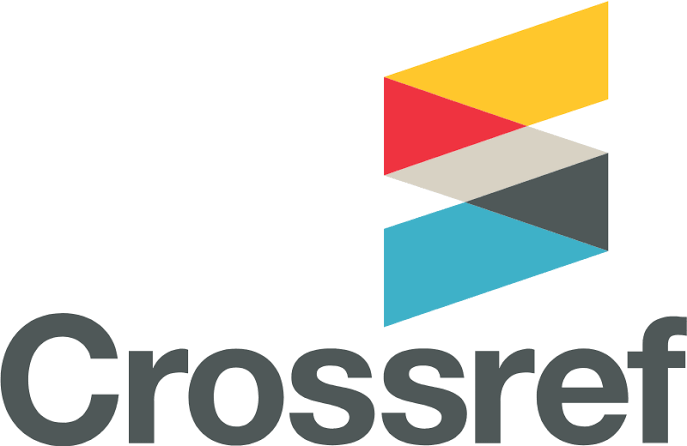EFFECT OF SOCIAL LEARNING MODEL (SLM) ON SHYNESS
DOI:
https://doi.org/10.5281/m.v2i1.33Keywords:
Child Behaviour, Counsellor, Guidance, Shyness, Social Learning ModelAbstract
This study examined the effect of the social learning model on Shyness in the Nsukka Education Zone of Enugu State. The study population comprised 200 children in the public primary school in Nsukka Education Zone of Enugu state. The sample was 45 school children (24 males and 21 females). The study adopted the non-equivalent pretest-posttest quasi-experimental research design. The instrument for data collection was the structured Child Behavior Scale (CBS) and Child Behavior Questionnaire (CBQ) to assess the children's behavior. The study was guided by two research questions and two hypotheses which were tested at a 0.05 level of significance. The instrument was validated by two experts from Guidance and Counselling Unity and one expert from Measurement and Evaluation, all from the Faculty of Education, University of Nigeria Nsukka. The reliability coefficient for the combined clusters is 0.89 for the computation. The data collected was analyzed using mean (x) scores and standard deviation to answer the research questions, and the hypothesis was tested using ANCOVA with the SPSS package. The results showed no significant difference in the mean shyness scores of students taught using social learning and conventional models. In addition, there is no significant difference in the mean shyness score of male and female students. Based on the finding, recommendations were made: school counselors and teachers should sensitize school children on social learning theory.











